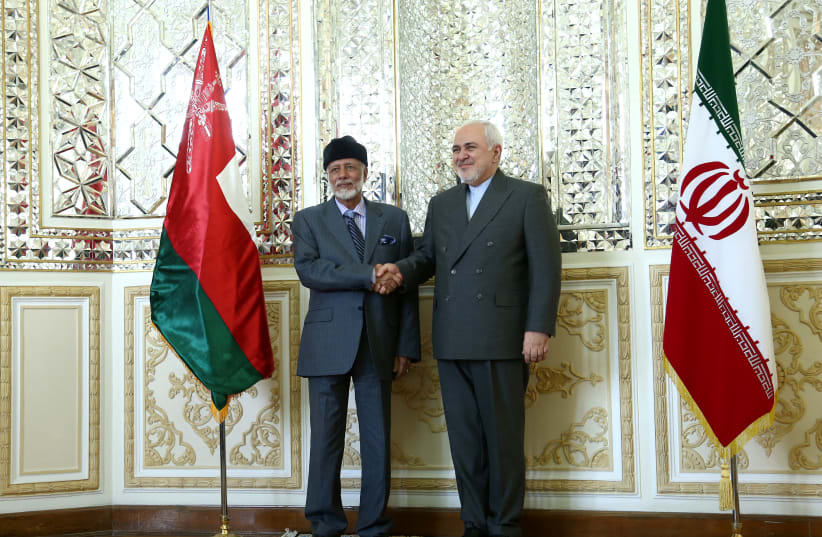Iran is making a play for new Gulf outreach with Oman and Qatar - analysis
Reading between the lines, it seems Oman is now the most important diplomatic country in the Middle East, at least in terms of being able to talk to Israel, Iran, the US and everyone else.
